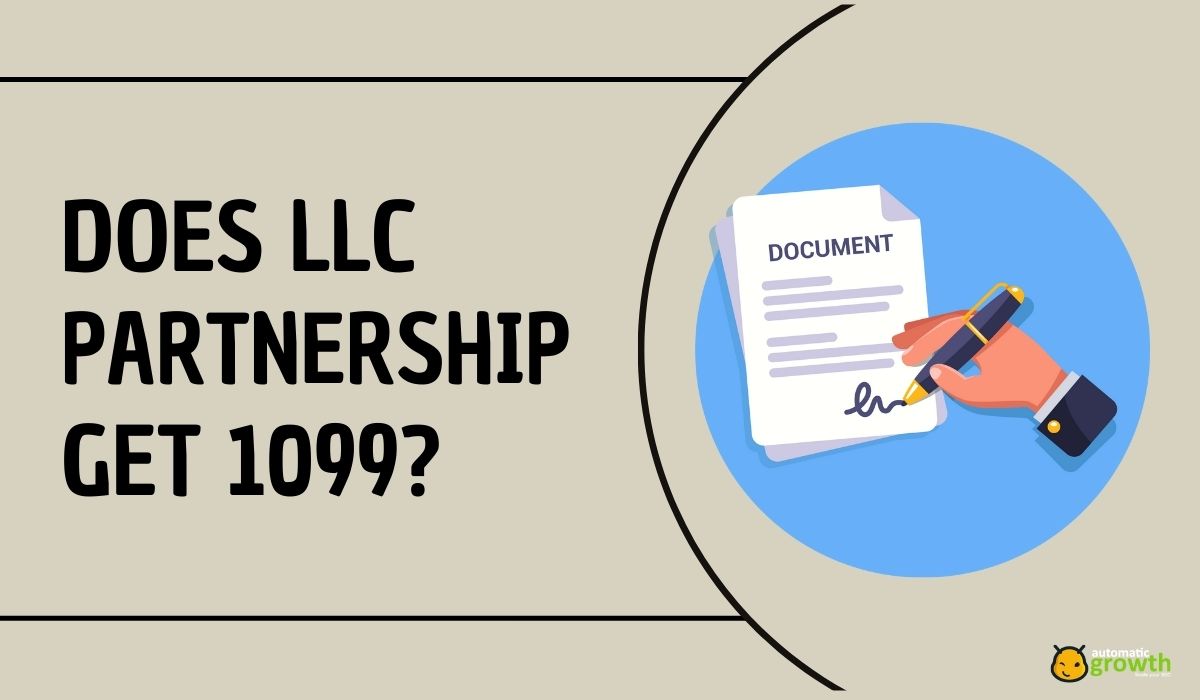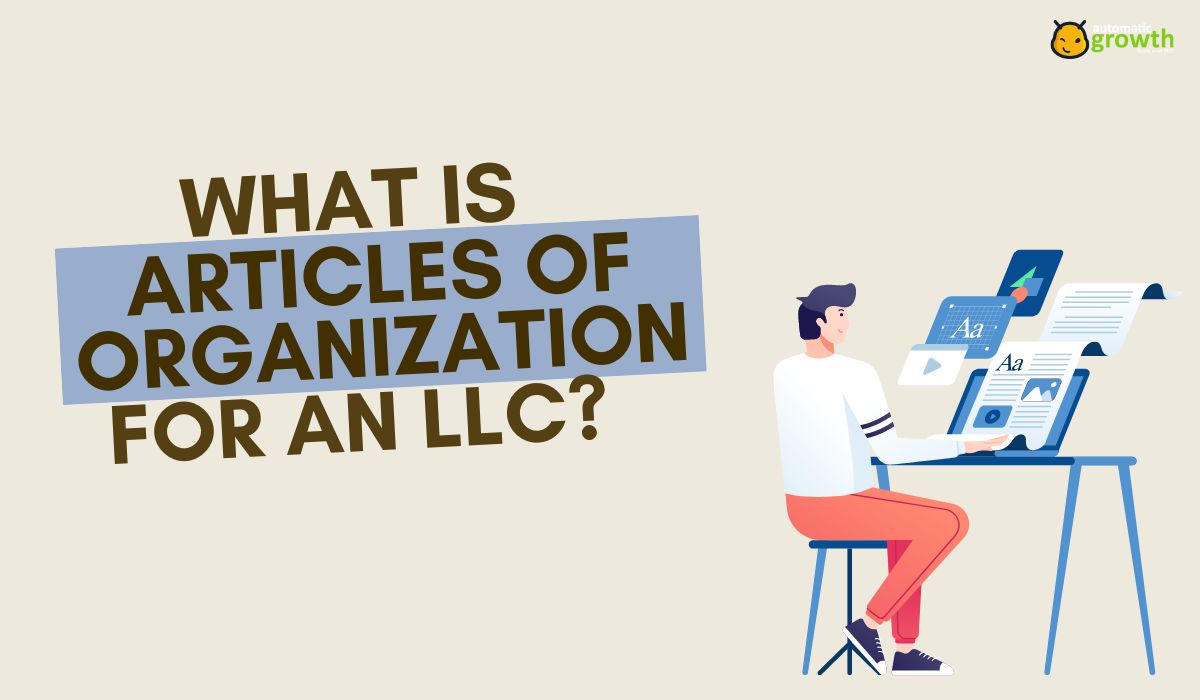Guest blogging is a popular practice in the world of online publishing, and it can be an effective way to drive traffic to your website, establish yourself as an expert in your industry, and build relationships with other professionals.
However, there are some legal and ethical considerations that all guest bloggers should be aware of to ensure that they are operating within the bounds of the law and maintaining a good reputation. In this article, we’ll dive into the legal and ethical considerations in the world of guest blogging.
Unlocking the Potential of Guest Blogging
Guest blogging is a powerful strategy that involves writing and publishing content on someone else's blog or website. It offers numerous benefits and has the potential to propel your online presence to new heights. By contributing valuable and informative content to reputable platforms in your industry, you can establish yourself as an expert, increase brand visibility, and reach new audiences.
One of the key advantages of guest blogging is the opportunity to build high-quality backlinks. Backlinks are links from external websites that point to your own site, and they play a crucial role in improving search engine rankings. By including links to your website within your guest posts, you can enhance your SEO efforts and drive targeted traffic to your own site.
Additionally, guest blogging allows you to tap into established communities and connect with influencers in your industry. By providing valuable insights and engaging with readers through comments and social media, you can foster meaningful relationships, expand your network, and gain credibility.
While guest blogging holds great potential for boosting your online presence and reaping numerous benefits, it's important to navigate the ethical and legal considerations that come with this practice.
The Role of Disclosure and Transparency
Disclosure and transparency are critical components of a successful guest blogging arrangement. First, be clear about your relationship with the blog where you are guest posting. If you have been compensated for your contribution or if you have any financial or personal connections with the blog owner, it’s crucial to disclose this relationship.
Failing to do so can lead to violations of advertising and consumer protection laws, which typically mandate truthful representations about the nature of an endorsement or advertisement.
The Federal Trade Commission guidelines on endorsements state that bloggers should disclose their relationships with the company or product being promoted, especially when they receive financial compensation. Being transparent about your affiliations and disclosing the nature of your relationship with the site where your content is published demonstrates credibility and adds value to your work.
In addition to legal requirements, transparency is essential from an ethical standpoint. If you are promoting a product or service in your guest blog, it's important that readers trust your content. Openly disclosing any associations or partnerships you have with the promoted product or service strengthens that trust and fosters credibility.
Furthermore, maintaining transparency can help you avoid any potential backlash or damage to your professional reputation that might arise from a perceived lack of honesty.
Avoiding Plagiarism and Copyright Issues
One of the most significant legal and ethical pitfalls that guest bloggers might encounter is plagiarism and copyright infringement. Plagiarism refers to using someone else's words or ideas without proper attribution or consent. This can range from copying entire articles to paraphrasing other people's work without citation.
To avoid plagiarism, always provide proper credit to the original author when using information from another source. This includes quoting and paraphrasing appropriately and using in-text citations or a bibliography to acknowledge specific sources. Note that plagiarism isn't limited to textual content – be mindful of respecting intellectual property rights in images, videos, and other media.
Another related issue is copyright infringement. Even when you credit the original author, you may still be violating someone’s copyright if you haven’t obtained permission to use their work. In general, it's best to use content that falls under fair use guidelines, public domain, or is available under a Creative Commons license. Alternatively, you could seek permission from the copyright holder before using their content.
Staying clear of plagiarism and copyright issues not only mitigates legal risks but also enhances your professional reputation and integrity as a content creator.
Data Privacy Concerns in Collaborative Content
Collaborative content often presents additional data privacy concerns that guest bloggers need to be aware of. In particular, the European Union’s General Data Protection Regulation (GDPR) imposes strict requirements on organizations collecting and processing personal data from individuals within the EU.
As a guest blogger, you might encounter scenarios where you’re working with data – such as email addresses, names, or other personal information – provided by your host blog or its readers.
It's important to familiarize yourself with data privacy regulations, especially if you are collaborating with others or handling data from various sources.
Some ways to address data privacy concerns include ensuring you have proper consent when collecting and using user data, using anonymized or aggregated data wherever possible, and limiting your retention or sharing of personally identifiable information.
Conclusion
Understanding and adhering to legal and ethical considerations in guest blogging helps protect your professional reputation and ensures a positive, successful experience for both you and your audience.
By maintaining transparency and disclosure, avoiding plagiarism and copyright issues, and addressing data privacy concerns, you can build trust with readers and create meaningful, valuable content.
Ready to skyrocket your backlinking strategy with guest posts? Unlock the power of guest blogging to build high-quality backlinks!
















